
Spring tips for your cat and dog
We have some tips and advice you and your pets can use to make the most of your Spring.
The joys and warmth of Spring are once again upon us, but this season brings with it certain hidden dangers and risks to your pets that you may not be aware of. From Easter’s sweet treats to beautiful flowers, we explore the dangers they may pose.
Remember to contact your local vet should your pet be experiencing any symptoms or if their behaviours appear to have changed.
Chocolate poisoning
We all know Easter is chock full of chocolate. While this is great for us, it can be a disaster for our pets. All our common household pets are affected by chocolate toxicity, but it is most commonly reported among dogs, since they are exposed to our food the most, and they are often not fussy about their food!

Hot cross buns
Hot cross buns are an Easter staple, but did you know the raisins in them can be deadly to dogs? Grapes and all their dried forms can cause kidney failure in dogs. To prevent any problems, make sure your dog does not have access to grapes or raisins. If you think your dog may have eaten either, contact your local vet.

Pet poisons
It is easy to assume that things which are safe, and even enjoyable, for humans, such as lilies and chocolate, are safe for our pets too. For a full list of commonly reported pet poisons, read our pet poisons information to keep your pet safe this springtime.

Spring cleaning dangers for pets
With Spring comes Spring cleaning! While keeping a clean house is important for pet care, cleaning products can be dangerous for pets. If you think your pet has ingested even a small amount of any cleaning product, we recommend contacting your local Vet4Pets as soon as possible.
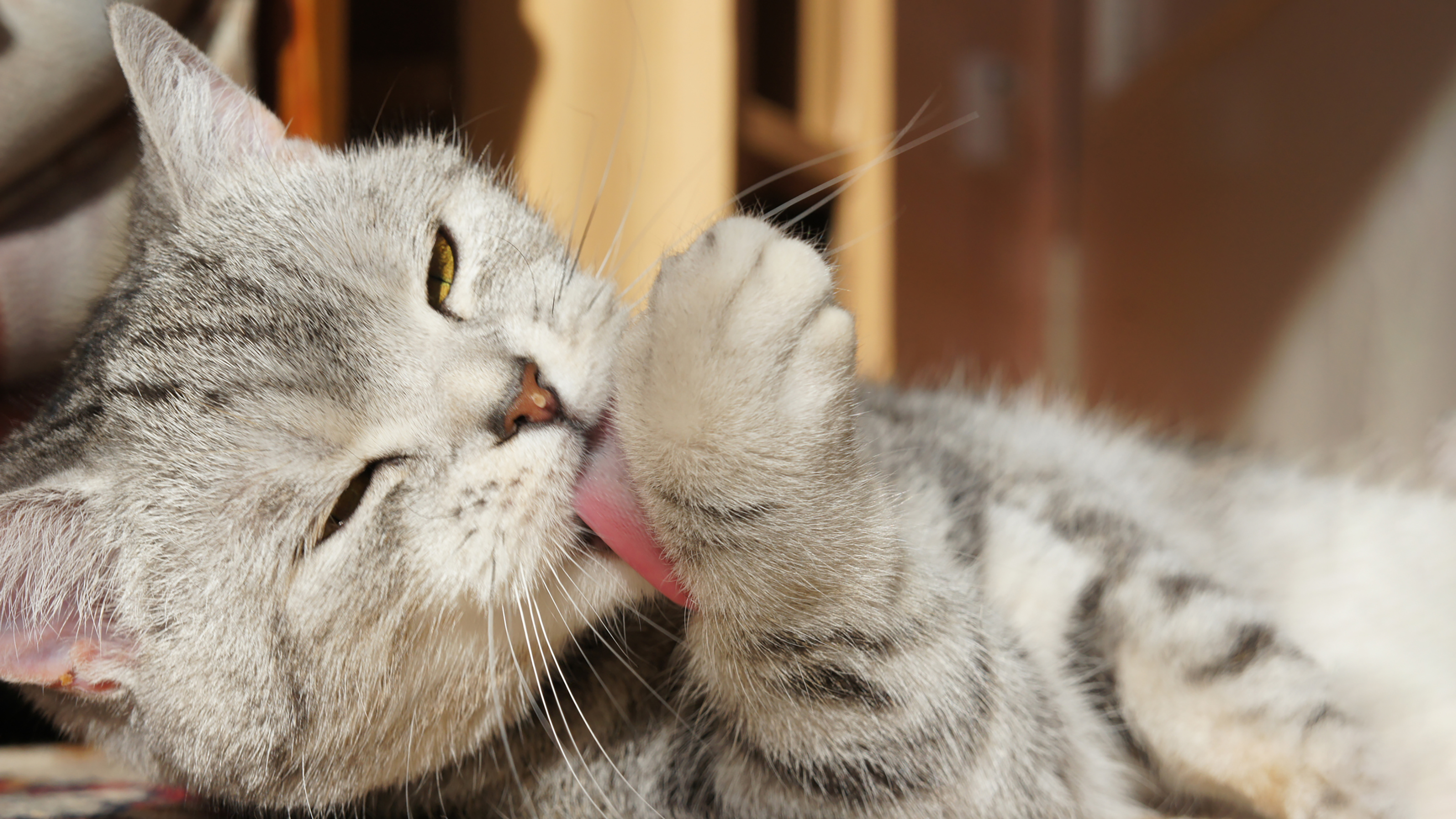
Protecting your pet from pesky parasites
While new life is all around us during Spring, sadly this bloom also extends to some of our more unwelcome species. Fleas, ticks and worms all start to grow in number around Easter as the weather warms up. This increases the chances of your pet coming into contact with them.
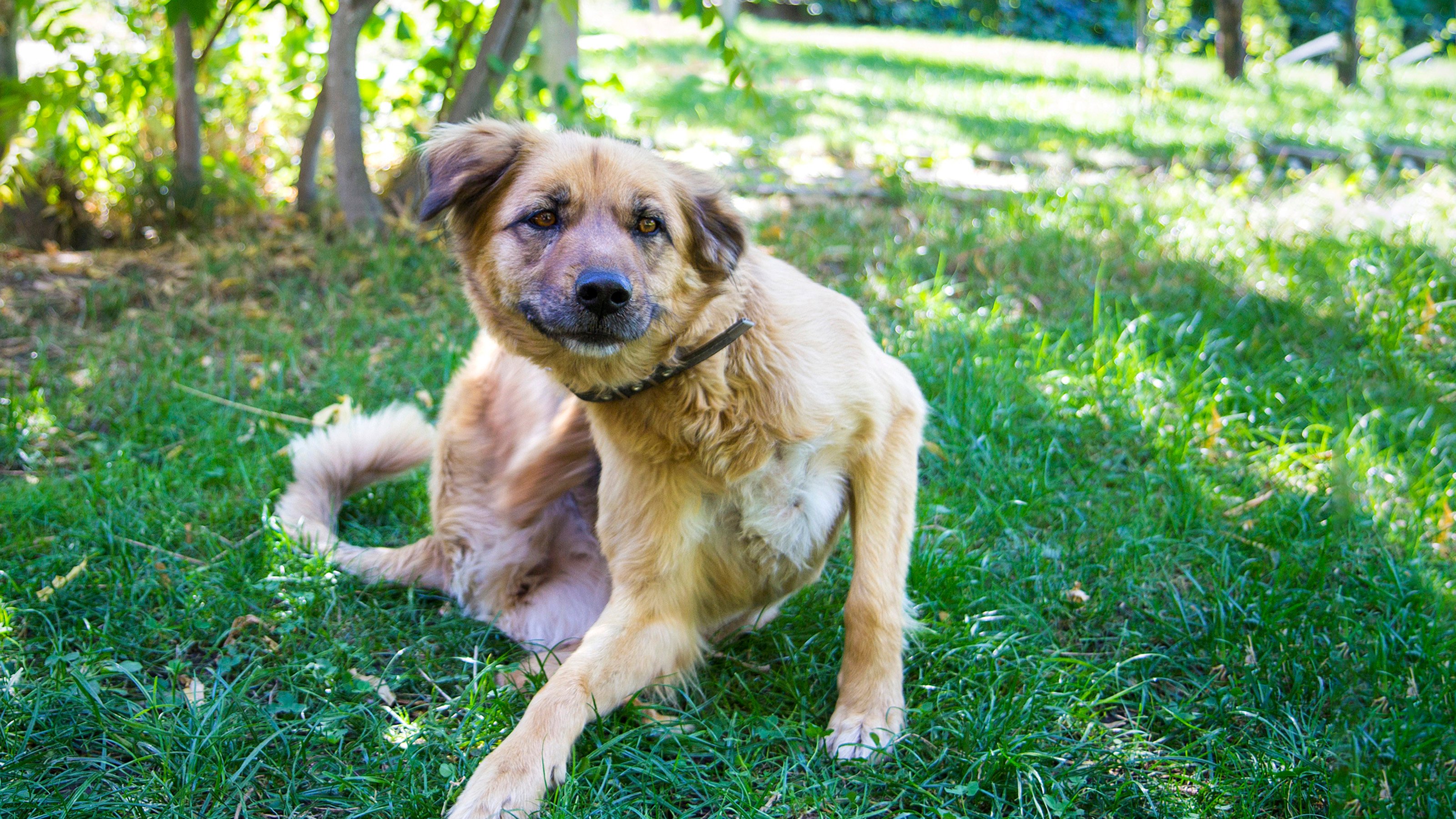
Seasonal allergies in pets
Dogs, and in rarer instances cats, can develop seasonal allergies to pollens. These often manifest as part of a clinical problem called atopic dermatitis but can occur in isolation. Pets with a seasonal allergy often itch and scratch, and can damage the skin, leading to sores and infections.
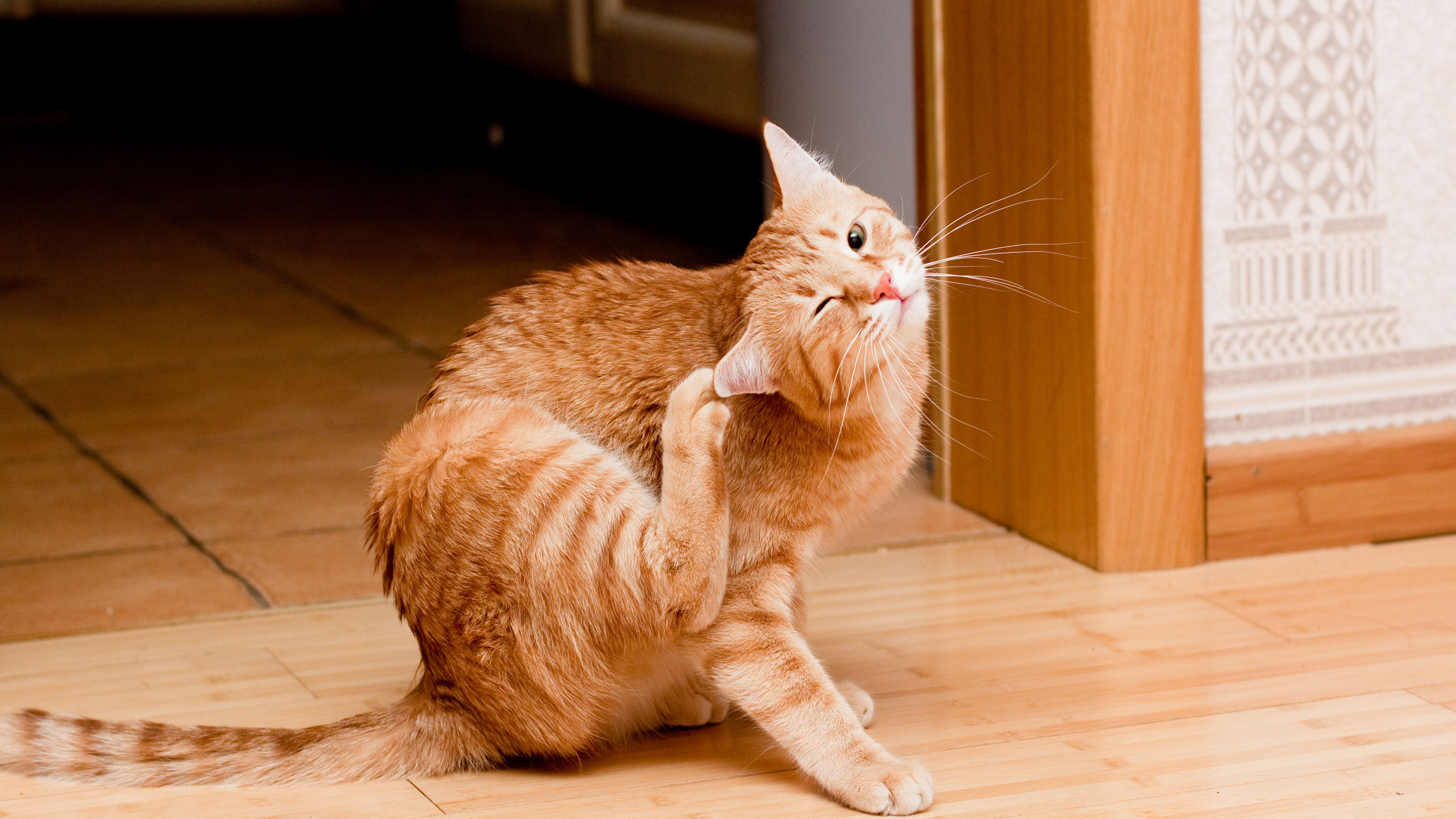
Adder bites
Adders are the only venomous snake native to the UK. They come out of hibernation in Spring. If disturbed, adders bite and these injuries are most prevalent between April and July.
It is common for dogs to experience swelling and pain at the site of the bite, and approximately 5% of dogs will get seriously ill. Contact your vet immediately, and carry bitten dogs to the car and into the vet to limit the spread of the poison.
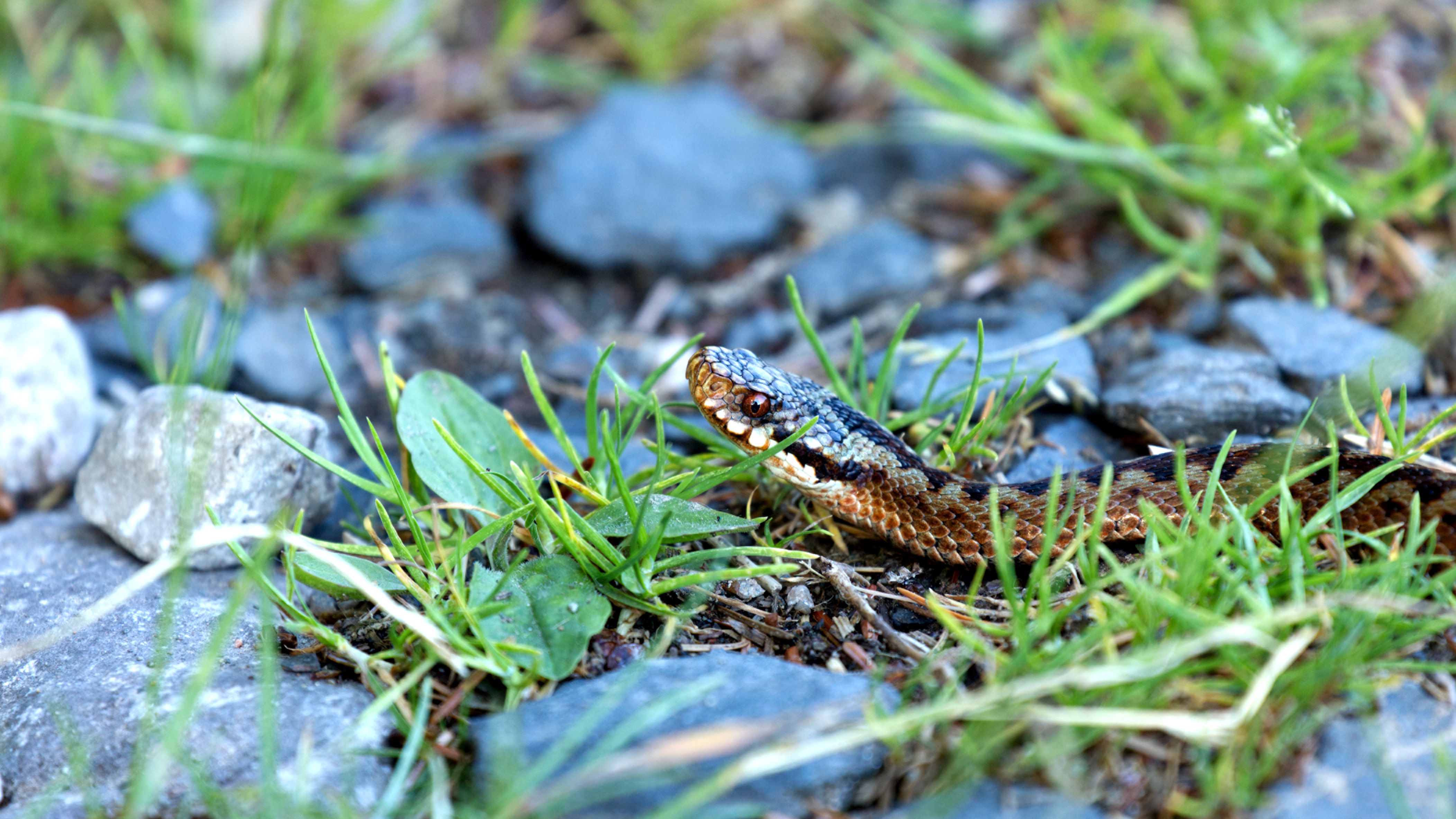
Wasp and bee stings
Our pets can have a range of reactions to bee and wasp stings. At their least dangerous, stings are merely a painful inconvenience. At their worst, extreme immune reactions can cause serious swellings – if this is around the head and neck, constriction of the airways and restriction of breathing can be a major concern.
If you see bees and wasps inside the home, safely remove them from any areas your pets may have access to. Keep an eye on your pets outside, and if you see them investigating any bees or wasps, remove them from the situation.
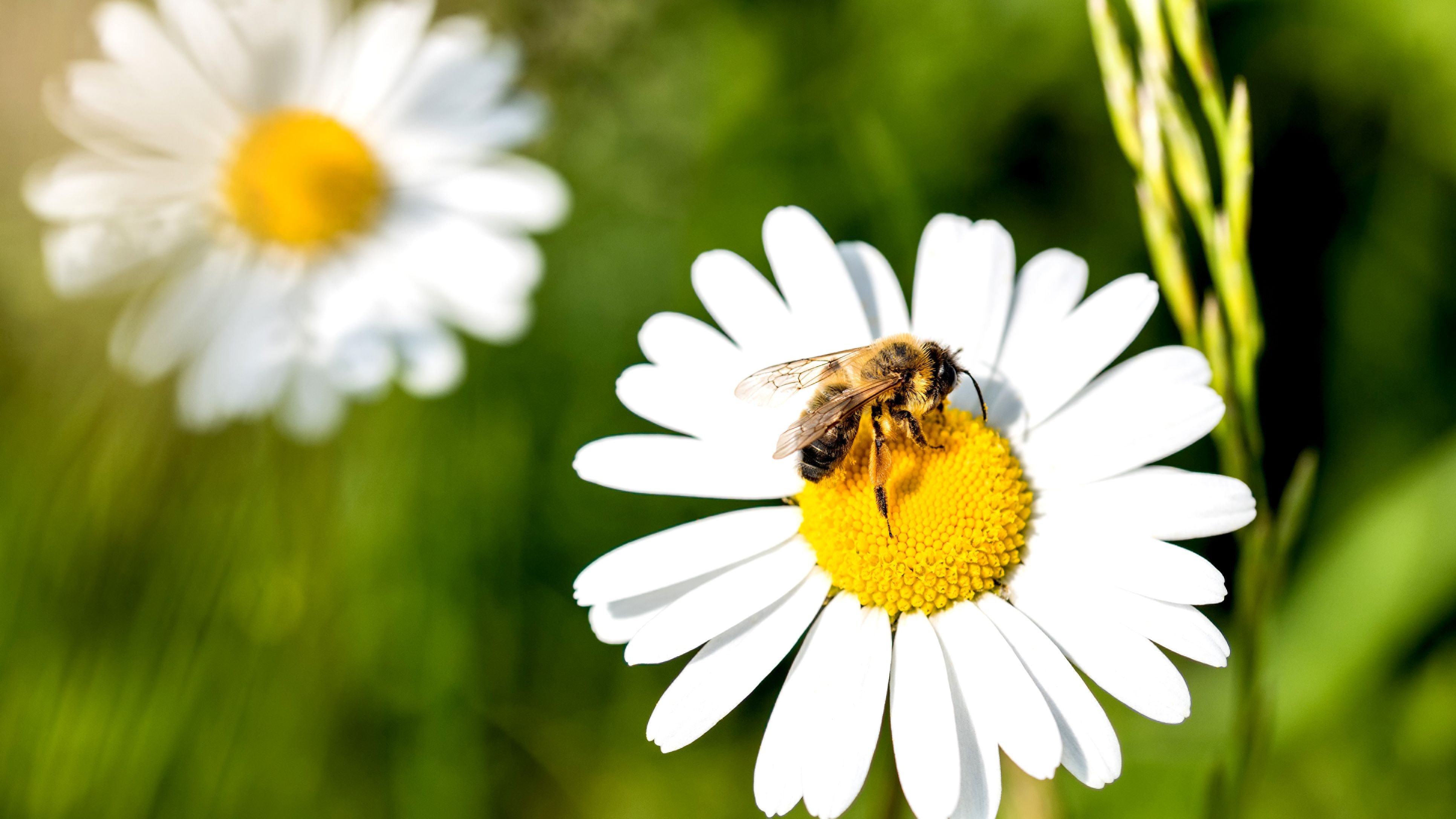
Heatstroke
While heatstroke in cats is rare, it can happen. Though you are more than likely to find your cat is happy to sunbathe. If you do believe your cat is suffering from heatstroke then contact your vet immediately.
Heatstroke in dogs is much more likely. Heatstroke occurs when your dog cannot lose excess heat. A rise in body temperature by 4 degrees is enough to be fatal to your dog. There are preventative measures that you can take, but you should consult your vet immediately if your dog is suffering from heatstroke.

Suggested podcasts
Here are some of our podcast episodes that you will find useful for you and your new puppy or kitten now that Spring is here!
Read more expert pet advice
From healthy diets to preventing fleas, find free and helpful pet health and training advice to care for your pet.


